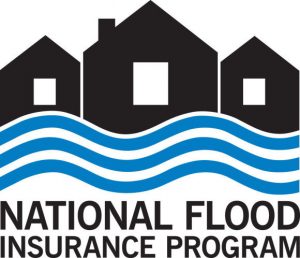
While the partial shutdown of the federal government continues with no end in sight, there’s another casualty that could impact those living in or planning to live in areas where flood insurance is needed. This week, FEMA decided to stop the National Flood Insurance Program, also known as NFIP. The NFIP can now no longer sell or renew policies, while existing policies will remain in effect until their expiration date.
Those planning to purchase a new home where flood insurance is required won’t be able to close on their homes. As a result, mortgage companies may decline to fund closings, keeping new homeowners out of their new home. The National Association of Realtors believe this amounts to about 40,000 purchases a month. Shannon McGahn, National Association of Realtors senior vice president of government affairs, said, “NAR and its 1.3 million members are extremely disappointed by this abrupt and ill-conceived change of course.” In previous government shutdowns, the NFIP program wasn’t impacted.
The National Association of Home Builders (NAHB) also denounced the program termination. “FEMA’s short-sighted action threatens to wreak havoc in many real estate markets from coast-to-coast at a time when the nation is already struggling through a housing affordability crisis,” NAHB Chairman Randy Noel said. “We strongly urge FEMA to rethink this ill-advised action and abide by the will of Congress by moving to immediately allow new flood insurance policies to be written and renew existing policies for the duration of the government shutdown. A failure to act responsibly will have devastating consequences for the housing market.”
New homeowners aren’t the only ones caught in this shutdown: it also impacts every other home in an area with flood insurance that is up for renewal. If an existing homeowner has flood insurance but it is up for renewal now, they won’t be able to renew their policy. Some banks may require homeowners to pay their outstanding mortgage amount in full if they don’t have an active flood insurance policy. With more heavy rain headed to the eastern United States, some homeowners may find themselves without any flood insurance should a flood event hit their home, even if they’ve had flood insurance up to now.